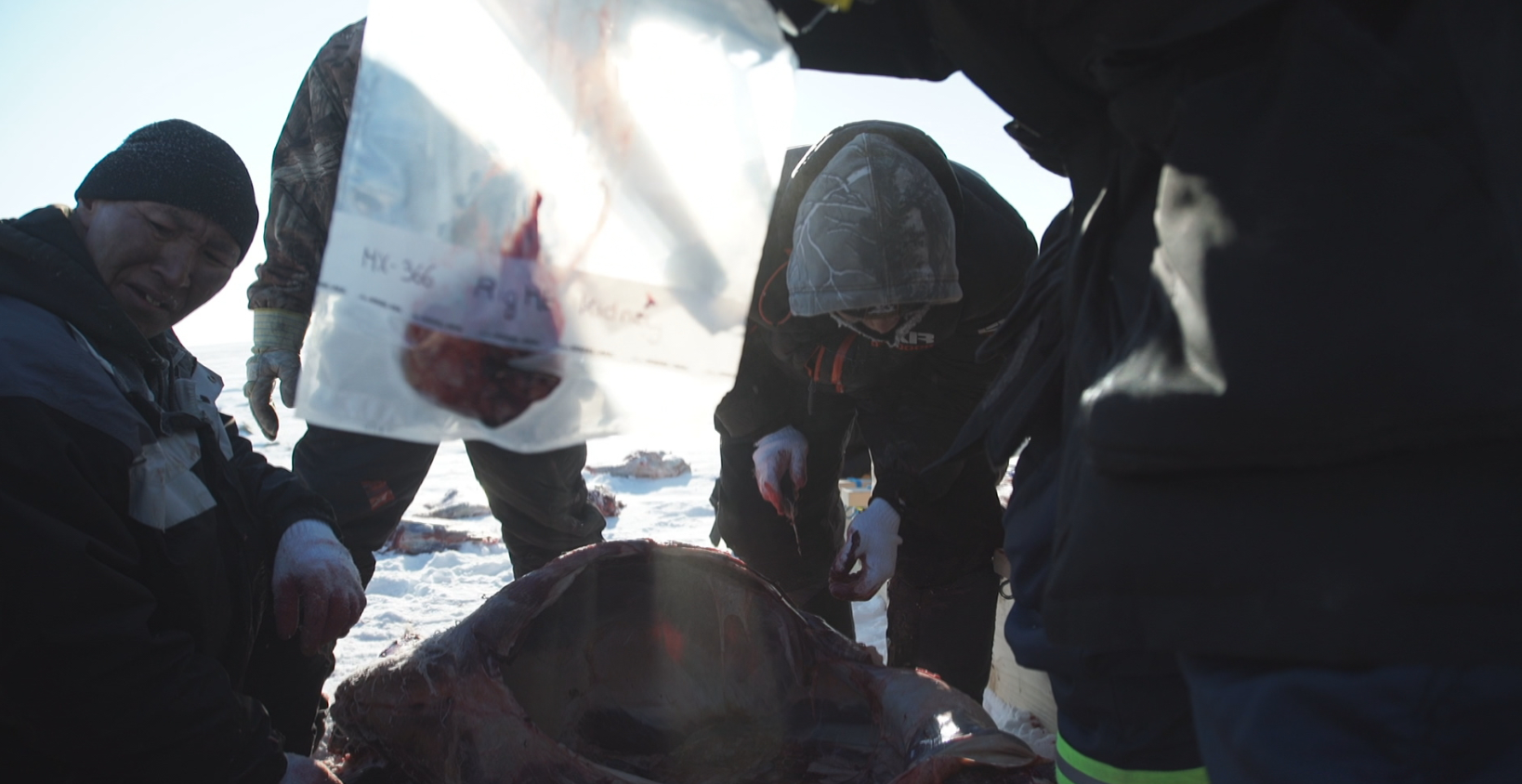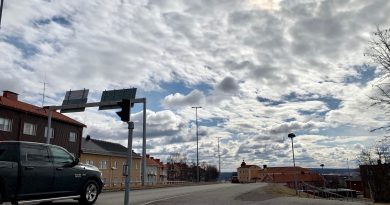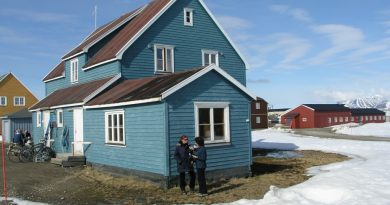Video Series: Working with indigenous knowledge

Earlier this month, we brought you Part 1 of our documentary series looking at the impact of climate change on the Arctic Canadian community of Cambridge Bay:
Is climate change making the muskoxen sick on Victoria Island?.
In Part 2: How indigenous knowledge is changing what we know about the Arctic, released this week, we look at the partnership between the community and the University of Calgary, to find out more about what’s happening to the muskoxen on the island.
In this section, we bring you a series of videos looking at the different ways the community and the scientists work together.
Write to Eilís Quinn at eilis.quinn(at)cbc.ca
Related stories from around the North:
Canada: Arctic missing from Paris climate agreement, Eye on the Arctic
Finland: Finland’s Sámi request UN help in securing their rights, Yle News
Greenland: What the EU seal ban has meant for Inuit communities in the Arctic, Eye on the Arctic
Iceland: Feature Interview – Hunting culture under stress in Arctic, Eye on the Arctic
Norway: Indigenous Peoples’ knowledge can help us prevent climate changes says Ban Ki-moon, The Independent Barents Observer
Russia: Russia declares another indigenous group ‘foreign agent’, The Independent Barents Observer
Sweden: Sami demand rights as indigenous people, Radio Sweden
United States: U.S. Interior Secretary announces inclusion of Native communities in land management, Alaska Public Radio Network



